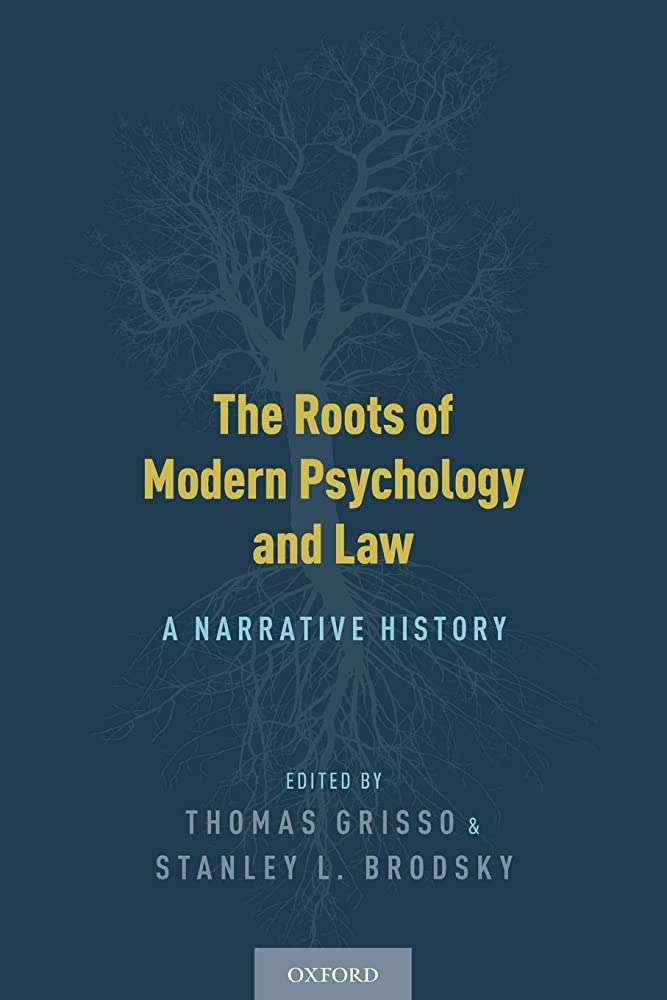This article covers the history of Section 5 of the Fourteenth Amendment, highlighting the ways that Congress used its enforcement to address civil rights issues in the early twentieth century.
This book explores how race, gender, and class intersected to shape the experiences of Black children in the juvenile justice system at its origin.
Christopher Schmidt considers how presidential candidates use the Supreme Court as an issue in their election campaigns, focusing on the 2016 election.
This article examines how police stops and court fines have become key mechanisms for racialized surveillance and control.
This edition of Researching Law presents Christopher Schmidt’s new book about the lunch counter civil rights ‘sit-in’ movement of the 1960s.
This article with Stephen Daniels examines the effects of damage caps on access to justice in Texas, offering valuable lessons for policymakers and lawyers.
Featuring Stephen Daniels, this article explores the benefits and challenges of experiential learning in legal education.
This article explores employment civil rights in the workplace and courts, examining the intersections of dignity and discrimination and their societal impact.
The Sit-Ins tells the story of the student lunch counter protests and the national debate they sparked over the meaning of the constitutional right of all Americans to equal protection of the law. Christopher W. Schmidt describes how behind the now-iconic scenes of African American college students sitting in quiet defiance at “whites only” lunch counters lies a series of underappreciated legal dilemmas—about the meaning of the Constitution, the capacity of legal institutions to remedy different forms of injustice, and the relationship between legal reform and social change.
The Miami Leadership Summit brought together leading scholars on the local Latinx community as a part of ABF’s Future of Latinos Project.
Featuring Tom Ginsburg, this article details the warning signs of a failing constitutional democracy and explains how leadership can prevent this backsliding.
Shari Seidman Diamond’s chapter in The Roots of Modern Psychology and Law offers a personal narrative of her contributions to law and psychology.

